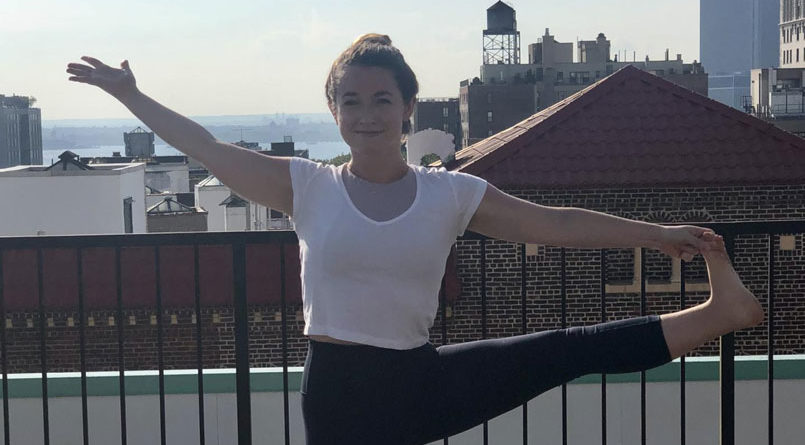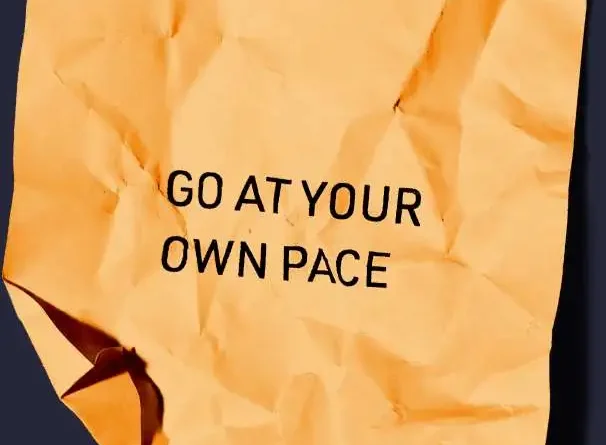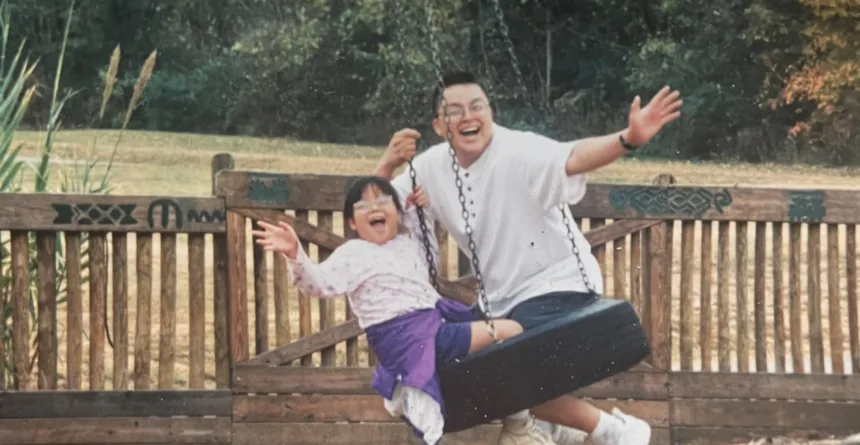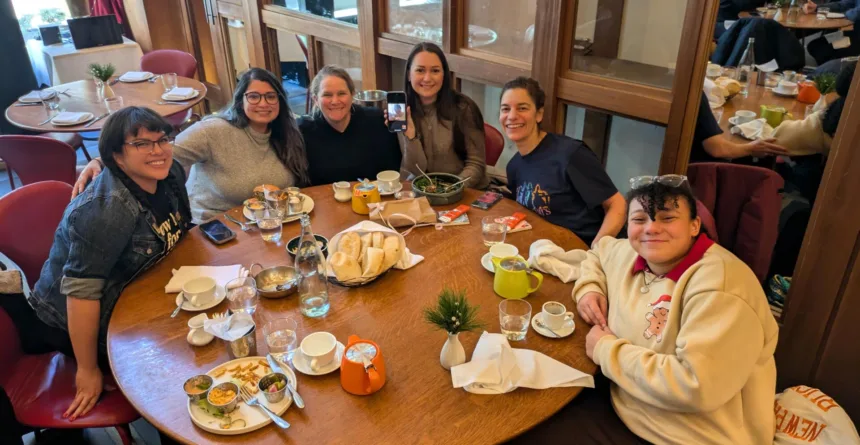Cultivating Mental Peace
November 29, 2022

While I was studying yoga in Rishikesh India, I was exposed to the yoga sutras of Patanjali, which is a compilation of lessons on the teachings of yoga. A translation of the lesson that speaks to me the most is “By cultivating attitudes of friendliness toward the happy, compassion for the unhappy, delight in the virtuous, and equanimity toward the wicked, the mind retains its undisturbed calmness“. Part of what I appreciate most about this lesson is how it highlights that these responses are in our own best interest. They are not only for the sake of those around us, they are for our own benefit because they grant us access to mental peace. However, many of us can struggle to cultivate these responses for very understandable reasons.
Their Success is Not My Failure
Friendliness toward the happy and delight in the virtuous can be tricky when we’re having a tough time ourselves. Sometimes we can struggle with feelings of comparison and lose sight of the fact that every life has highs and lows. Feelings of insecurity or inferiority can be very painful, and the urge to either distance or put someone down can be very tempting. While boundaries are healthy and important, we’re better off if we can wholeheartedly root for those around us, especially our loved ones. The reminder “their success is not my failure” can be helpful. When we acknowledge our own struggles with comparison or insecurity, we have greater access to mental peace.
Cultivating Compassion for the Unhappy
Compassion for the unhappy end equanimity towards the wicked can also be challenging. Likely the most common barrier is that many of us have been harmed by unhappy and “wicked” people. As the saying goes, “hurt people hurt people”. It isn’t always obvious when a person is acting from a place of hurt, especially when the hurt is a result of past trauma. Another barrier that can arise is our own distress when seeing our loved ones hurting. For example, I might get frustrated with my friend who is experiencing depression because she never exercises and I know that movement releases serotonin. In reality, my friend is completely worthy of compassion and patience. I’m wanting protection from my own feelings when I see my friend in pain. Again, we’re better off acknowledging our own feelings of hurt or distress and working towards our own healing.
Your Mental Peace
These responses are for the sake of our own mental peace. If we can notice when we respond outside of the guidelines of this lesson, then we can redirect our attention to managing our own emotions. This practice is much easier in theory than in reality, especially when we’ve experienced trauma. Reaching out for support from a therapist is a beautiful way to make progress towards our own healing. Contact us at SteadyNYC if you or someone you know needs support on your journey of healing.



